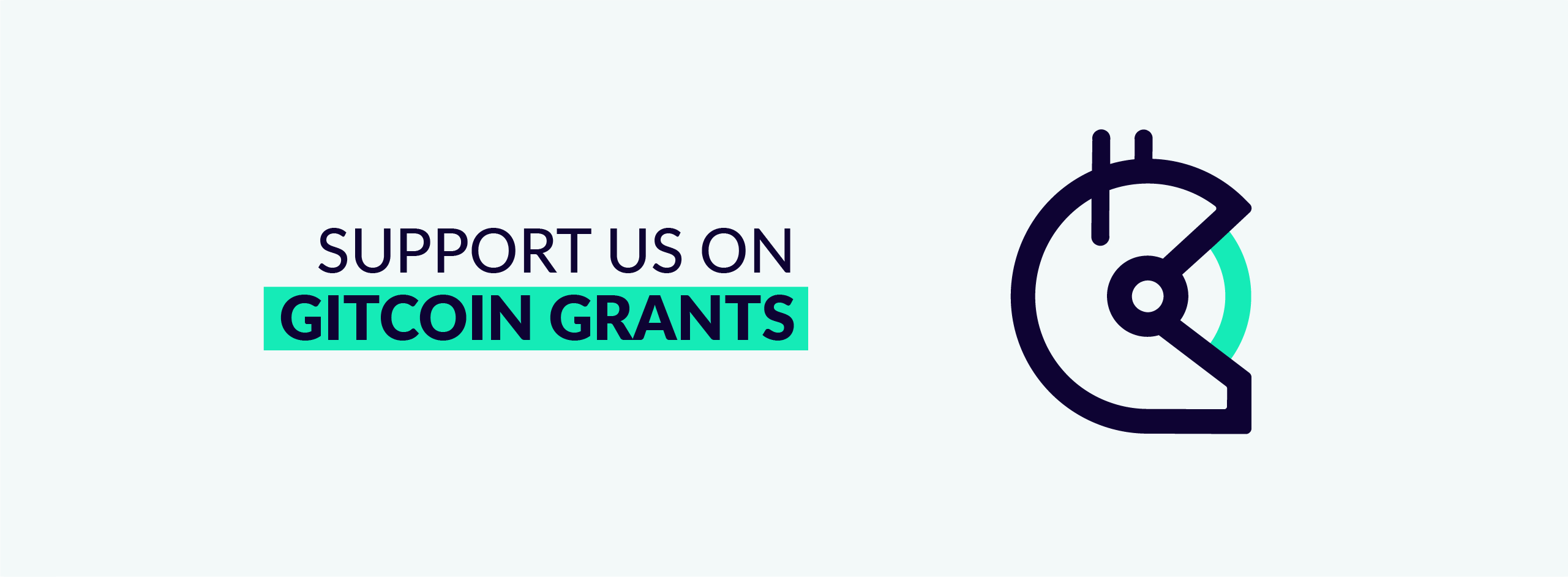Bebop DEX Deploys On Arbitrum
Thursday, January 5, 2023

Quick Take
- Cairo 1.0 public release.
- PSE team unveils UniRep Protocol.
- EOF is delayed until the Cancun upgrade.
- Bebop DEX deploys on Arbitrum.
This is our Trezor affiliate link.

Cairo 1.0 Public Release
StarkWare released the first public version of Cairo 1.0, an upgrade to the project’s native programing language for writing STARK-provable programs. Developers can now write, compile, and test Cairo 1.0 programs. The release includes a new Rust-inspired syntax and enhanced features for writing code that is efficient and safe.
Cairo 1.0 also includes Sierra, a safe intermediate representation layer between Cairo 1.0 and Cairo byte code. Sierra provides robust DoS protection and censorship resistance for StarkNet. In the coming weeks, StarkNet Alpha will upgrade to v0.11.0, which will include support for deploying Cairo 1.0 contracts.
Some features from older versions of Cairo are not supported in Cairo 1.0, but will be added in the coming weeks. Cairo is also used for building applications on StarkEx, StarkWare’s permissioned L2 network with over $500 million in TVL. According to Defillama, Cairo is the fourth most used blockchain programming language.

PSE Team Unveils UniRep Protocol
The Privacy & Scaling Explorations (PSE) team introduced UniRep Protocol, a standard for adding reputation to anonymity without revealing specific history. UniRep uses ZK proofs to enable a privacy-preserving reputation with interoperable rules. Applications serve as providers of negative or positive reputations.
UniRep users are forced to accept any reputation given but have control over what to reveal and to who. UniRep works by using temporary identities through epoch keys, which change regularly but are always tied to a user. Reputation balances are then migrated onto a Merkle Tree where a proof could be generated to verify reputation.
First All Core Devs Call Of 2023
Ethereum developers held the first ACD execution layer call of the year, discussing the scope of the Shanghai upgrade and EOF implementations. Developers noted that certain client pairs experienced elevated issues on the first Shanghai devnet. Teams also agreed to remove EOF from Shanghai and couple EOF with EIP-4844 in Cancun.
Vitalik also joined the call to discuss his proposal to ban code introspection of EOF accounts. The proposal aims to make EVM upgrades easier in the future. Vitalik added that changing the EVM is generally harder than changing parts of the protocol around it. Alex Beregszaszi suggested first shipping the current EOFv1 and adding the changes to EOFv2.

L2Beat Warns Against LayerZero Apps
L2Beat published a post sharing its position on the security of LayerZero, which adopts an isolated security model. Applications on LayerZero have the ability to define their own security and can change it and any time. L2Beat stated it is against promoting isolated security models and warns users against them. Instead, L2Beat vouches for shared security models where all applications follow the same security assumptions, such as rollups.

Bebop DEX Deploys On Arbitrum
Bebop, an RFQ-based DEX developed by Wintermute, is now live on Arbitrum. Private market makers on Bebop offer guaranteed price quotes and execute trades for users, enabling a slippage-free and gas-abstracted experience. The exchange offers one-to-many and many-to-one token trading, allowing multiple tokens to be swapped in a single trade.

